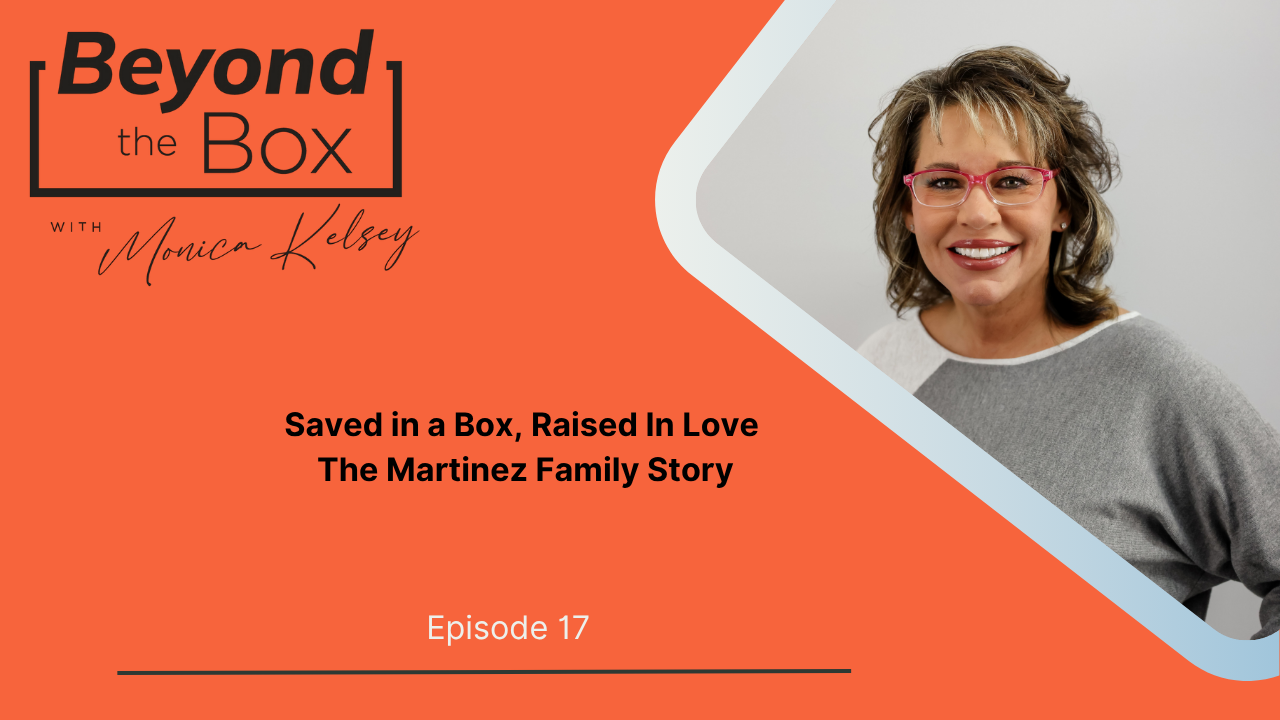October 7th, 2025Saved in a Box, Raised in Love: The Martinez Family Story
Love can arrive without warning—sometimes wrapped in steel and warmed by a community that refuses to look away. This story begins with a firehouse in New Mexico, a baby box newly blessed and barely in service, and a family whose hope had been stretching across years of infertility. They had chosen foster care not as a consolation prize but as a calling, a way to widen the circle when biology narrowed it. They trained, they waited, and they prayed without knowing the shape their prayer would take. Meanwhile, the city around them wrestled with headlines about abandoned infants, a reminder that safe haven laws and anonymous surrender options are not abstract policies but urgent lifelines. When the host arrived to train the station, the crew understood the stakes: if a parent needed an anonymous, safe, judgment‑free place, this box could turn despair into a chance. The box went live. Then the waiting began.
The night before everything changed, their engine rolled into the kind of call that sears itself into muscle memory: a fully involved mobile home, possible victim inside. It was the worst scenario—flames eating through fragile structure, loved ones crying that a grandmother was trapped in back. The lieutenant weighed survival against duty, felt the heat biting through gear, calculated the risk to his crew, and made the gutting call to withdraw. Hours later, as dawn wore down the fire and grief settled, the crew returned to the station exhausted, gear melted, wrists and ears blistered, hearts heavy. That’s when another alarm rang. Not tones, but a shout from across the bay: there’s a baby in the box. Disbelief lasted seconds. The medic chief hurried, a five‑pound newborn in arms, umbilical cord still attached, skin dusky. Training took over: oxygen, warm packs, assessment, rapid transport. No time for bureaucracy. No perfect car seat. Just organized chaos and a tiny life on a razor’s edge between loss and possibility.
On the drive to the hospital, something inside the firefighter settled into certainty. He wanted this child. He called his wife, a conversation that began with fear about his burns and swerved into a future neither had dared picture. They were licensed, but this was uncharted territory: baby box surrenders are legal, anonymous, and rare, and county offices don’t experience them often. Policy collided with urgency. They called their caseworker, submitted to shots and checks, did everything asked without complaint. Then came the whiplash only the child welfare system can deliver: you have the baby, you don’t have the baby, you can visit, your names are on a list. They walked big box aisles at 11 p.m., staring at cribs and a life that felt close enough to touch and far enough to ache. They chose resolve over resentment and showed up every day at the NICU, even in snow, to be steady hands and familiar voices when monitors and feeding tubes dominated the room.
Hospital days were long and tender. The infant had drugs in his system, a reality that often reflects addiction’s brutal grip rather than malice. Nurses coached them through first diapers, first baths, and the delicate ballet of holding a baby attached to “a million cords.” He didn’t open his eyes at first. Then he began to recognize their voices, and a pair of tiny eyelids lifted to meet a future. Doctors tested and retested his heart; weeks later, they gave the all‑clear—no more cardiology visits. Allergies eased. The feeding tube came out. In the quiet hours, the couple sat, talked, prayed, and chose a name. They honored a late brother with Michael, called him Mikey, and chose Grayson for the grace that surrounded his arrival. For a year, paperwork labeled him “Baby Boy Doe” or “Nation,” a bureaucratic placeholder that cut deep. Adoption day fixed that, sealing identity not by biology but by bond, commitment, and love that got up at 3 a.m. because love was needed at 3 a.m.
Gratitude for the birth parents stayed central. They spoke to her without knowing her: you were brave, you were selfless, you chose life and safety. Safe haven laws exist for this very reason—to allow a parent, often alone and afraid, to surrender an infant safely, legally, and anonymously. Baby boxes extend that promise when face‑to‑face surrender feels impossible. In cities where abandonment headlines haunt, these boxes are quiet tools of mercy. The couple kept space in their hearts for future contact if safety allowed, trusting God with timing and boundaries. They also acknowledged identity’s complexity. Adopted children grow into questions. The parents didn’t paper over that; they planned to anchor their son in faith, truth, and an honest story he could claim. They hung the newspaper clipping at home because it’s his story. Removing it would not protect him; walking with him through its meaning will.
Want to hear more real-life stories? 🎧 Listen now on Spotify, Apple Podcasts, or wherever you get your podcasts!
Thank you for being a vital part of our Safe Haven family. Your passion and support make all the difference.

